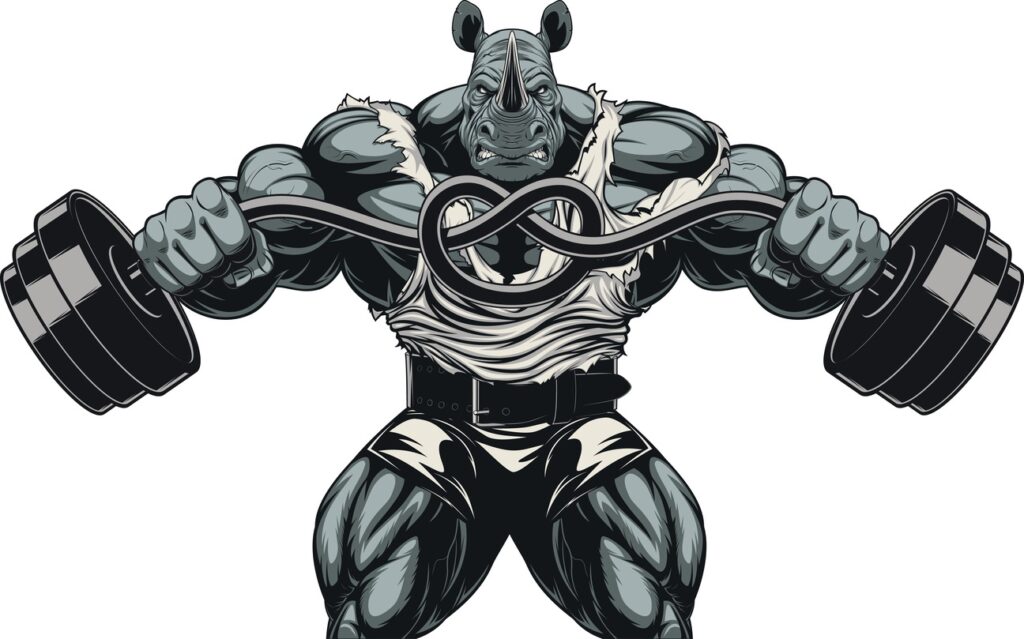If you had a choice to return to Earth after this lifetime, and, while resting on your celestial cloud, were given a menu of gender, racial and sexual orientation preferences to choose from, what would you pick for your next time around?
Of course, approaching this logically, received wisdom would tell you to check the boxes for white, male and heterosexual. It’s a man’s world, right? White, straight men hold the power. White, straight men have the wealth. White, straight men have it all, don’t they?
Who wouldn’t want to experience the world from that privileged position? Everyone wants to rule the world.
Given a little more time to do your research from your nebula, however, one startling fact may change your mind.
If the pale, male and (eventually) stale are so well supported by society’s patriarchy, why are they the most at risk group when it comes to suicide?
According to the Samaritans, men are three times more likely to commit suicide than women and men aged 45-59 are the most at risk group. According to the ONS, the leading cause of death for any one aged 20-34 is suicide (representing 24% of men and 12% of women).
Further research may startle you even more…
A quick scan of The Heavenly Times or The Earth and you’ll see story after story about these troubled mortals getting up to all kinds of unimaginable things. You’ll see liars, cheaters, abusers, rapists, murderers.
You’ll see a lot of angry white, straight men.
And, should you reflect a little further still, you may find yourself asking “What is happening to all these men? Why are they so violent? So deviant. So unhappy. So angry. And, ultimately, so self-destructive?”
You could travel from one end of the cosmos to the other before you found a satisfying answer. That’s the point. The scariest thing. We just don’t know.
Take the democratisation of feeling in the digital era. In the age of social media sharing, white, heterosexual men are still absent from the conversation. They are there alright, shouting about a lot of stuff, but whereas other social groups are also augmenting their daily outrage with thoughts from their inner lives – and, crucially, gaining support from one another – men, by and large, still aren’t supporting one another or explaining how it feels to live in their skin.
It’s not the done thing.
And it’s particularly not the done thing for corporate men.
Corporate man lives in a heavily galvanised cage of hyper-masculinity. Emotion rusts. He must be rational, logical, unemotional. He must sit like a man, walk like a man, stand like a man. He must be stoical, unflappable, with a rhino’s hide. The more of a man he is, the more he’ll get to lead (the taller he is, the more he’ll get paid). Increasingly, the expectation is he’ll look like a superhero too.
It’s a lot to live up to. A lot to suppress.
Being a man – being a man in business – means being a little less than human.
We’d be wise to remember we are not gods, only mere mortals.
Do I dare to eat a peach, wear pink, admit I’m not all that into the football? They might not tell you, but a lot of guys worry about this kind of stuff at work. It must be suffocating. Exhausting. Particularly as the need to “be a man” and “man up” in every given situation you find yourself in is taken from a script introduced very early on in childhood.
Corporate man, in all his dealings, has to project hyper-masculinity and, that being the fragile construct that it is, any deviation from the script runs the risk of damaging all credibility (corporate woman can probably still share images of cats on her timeline without fear of reprisals).
But living your life, or working life, at the alter of hyper-masculinity is no good for individuals, and it’s no good for organisational cultures either.
Self-consciousness and rigorous self-policing is death to creativity. It’s pretty hard to unlock your mind if you’re the gaoler holding the keys. It’s also pretty hard to listen to others if you’re so busy concentrating on being you.
Think about how much productivity, how much imagination, is lost to pretense and posturing in the workplace. To people ‘acting out’ how they believe they’re supposed to be. All energy expenditure – and such a waste at that.
Is the tide turning at all, or are we still stuck with our misguided, and unhealthy, notions of thrusting male leadership?
What really needs to change to address this?
From a societal perspective, I think we need to do a lot more work in the early years. Small children are obsessed with gender politics, and we would be doing them a greater service if we broadened out our notions of masculinity and femininity in the stories we tell and the examples we share with them.
That’s not exactly a quick fix though, is it? And it’s a big ask. A more surmountable strategy might be to start small, with individuals, groups and organisations (most change starts by one person making a change).
Get people talking. Get men talking. It’s what HR can do (well, at least, it’s what the more enlightened, ‘human relations’ driven HR departments can do). Bring your male, pale and stale leaders to the people. Help them open up. Ask them how they navigate the pressures placed upon them. Encourage them to find (or develop) supportive networks that operate beyond a shared interest or business agenda. Make the agenda, the point of interest, to share.
It only takes one determinedly honest person to open up to inspire others to do the same. By doing so, you’ll open up your culture, you’ll open minds, you’ll create compassion and understanding. You’ll open up spaces for men at work to be more human.
When I asked a friend of mine which boxes she’d check in the cosmic waiting room, she looked at me in absolute horror when I suggested the most logical choices would be white, male and straight.
“Oh god no,” she said, “I can’t think of anything worse. You’ve got to pity them really.”
We ‘others’ have to be wary of that pity. Pity is dismissive. Pity says you’re a problem that can’t be solved. Sympathy is a better place to start. Sympathy starts a process towards empathy – and empathy can change everything.
We should be sympathetic to individuals struggling to make sense of the societal expectations they live under.
We should sympathetic to the 30% of men whose warrior genes scramble their ability to process emotions. We should be looking at ways to work with this, through this, not writing men off as a lost cause.
For those who have the supposed greatness of hyper-masculinity thrust upon them, fear of failure is ever present. Not being man enough. Our corporate kings may benefit from our understanding of that, and so might we all.







One Response
Me, angry?
Me, angry?
Can’t see why. Six years unemployment despite duxing my degree, and postgrad topups. I have so much time to do the things I want….
HR’s young girls who process entry level job apps are doing their best to redress the gender gap, so I wouldn’t want to disrupt their lofty ambitions. Even if males seeking f/t work are 15% above the average, and (surprisingly), females 15% below.